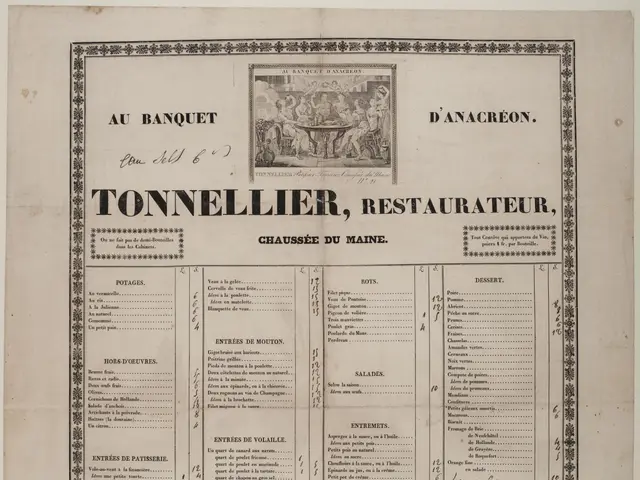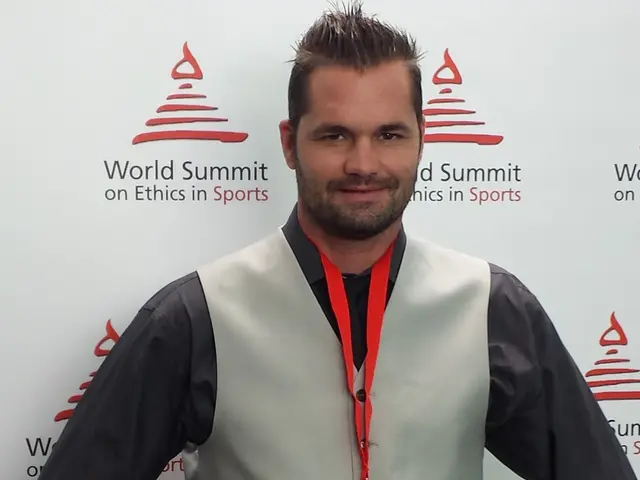Sports Law Developments in Virginia: Gaming, Regulation, and Upcoming Legislation
In the heart of the United States, Virginia is making waves in the world of sports law, ushering in a new era of regulation that prioritizes consumer welfare, athlete safety, and fairness.
With the legalization of iGaming in 2025, Virginia has set forth a comprehensive regulatory framework that addresses addiction and overspending in sports betting. This forward-thinking approach ensures that the growth of the industry does not come at the expense of consumer well-being.
The regulatory model includes structured licensing protocols for operators, vendors, and suppliers. Each applicant faces fees ranging from $50,000 to $250,000, while operators must pay a standardized tax of 15% and a $1 million licensing fee. This rigorous vetting process ensures the integrity and accountability of those operating within the Virginia market.
Sports law governs not just the competition itself, but also how fans interact with games and how commercial markets in sports operate. In Virginia, this translates to provisions that permit credit card deposits and remote live-dealer studios, aiming to enhance the user experience.
The framework also introduces clear safeguards against problem gambling. Operators are required to undergo extensive background investigations and meet strict deadlines for applications. Furthermore, the regulations mandate consumer protections in digital betting, providing a secure environment for users.
Athlete safety remains a non-negotiable pillar of sports law in Virginia. Legal frameworks prioritise the well-being of athletes over profit, ensuring that profit motives do not outweigh health and safety obligations.
The transformation of sports law in Virginia extends beyond traditional frameworks. It merges contract law, intellectual property law, and dispute resolution with cutting-edge gambling legislation. This includes the reevaluation of professional player contracts within the context of new iGaming and betting frameworks.
Dispute resolution mechanisms in sports law provide efficient ways to handle disputes, particularly as iGaming and betting ecosystems expand. This is crucial in maintaining trust and fairness within the industry.
One of the most significant developments in Virginia's sports law landscape is the ruling in April 2025, which declared Queen of Virginia (QVS2) skill machines lawful. This potentially expands the scope of what can be legally offered in the state.
However, concerns have been raised about the risks to college-level integrity, as Senator Schuyler VanValkenburg's SB 124 proposed to lift the current ban on college sports betting in Virginia. The identity of the senator who proposed this bill in 2025 could not be found in the provided search results.
Governance is the backbone of trust in sports, shaping how institutions regulate themselves and comply with external laws. Virginia's regulatory model emphasises fairness and consistency, ensuring that the sports betting framework operates in the best interests of all involved.
In summary, Virginia's sports law transformation is a comprehensive approach that prioritises consumer welfare, athlete safety, and fairness. By merging traditional frameworks with cutting-edge gambling legislation, Virginia is setting a new standard for sports law regulation in the United States.







